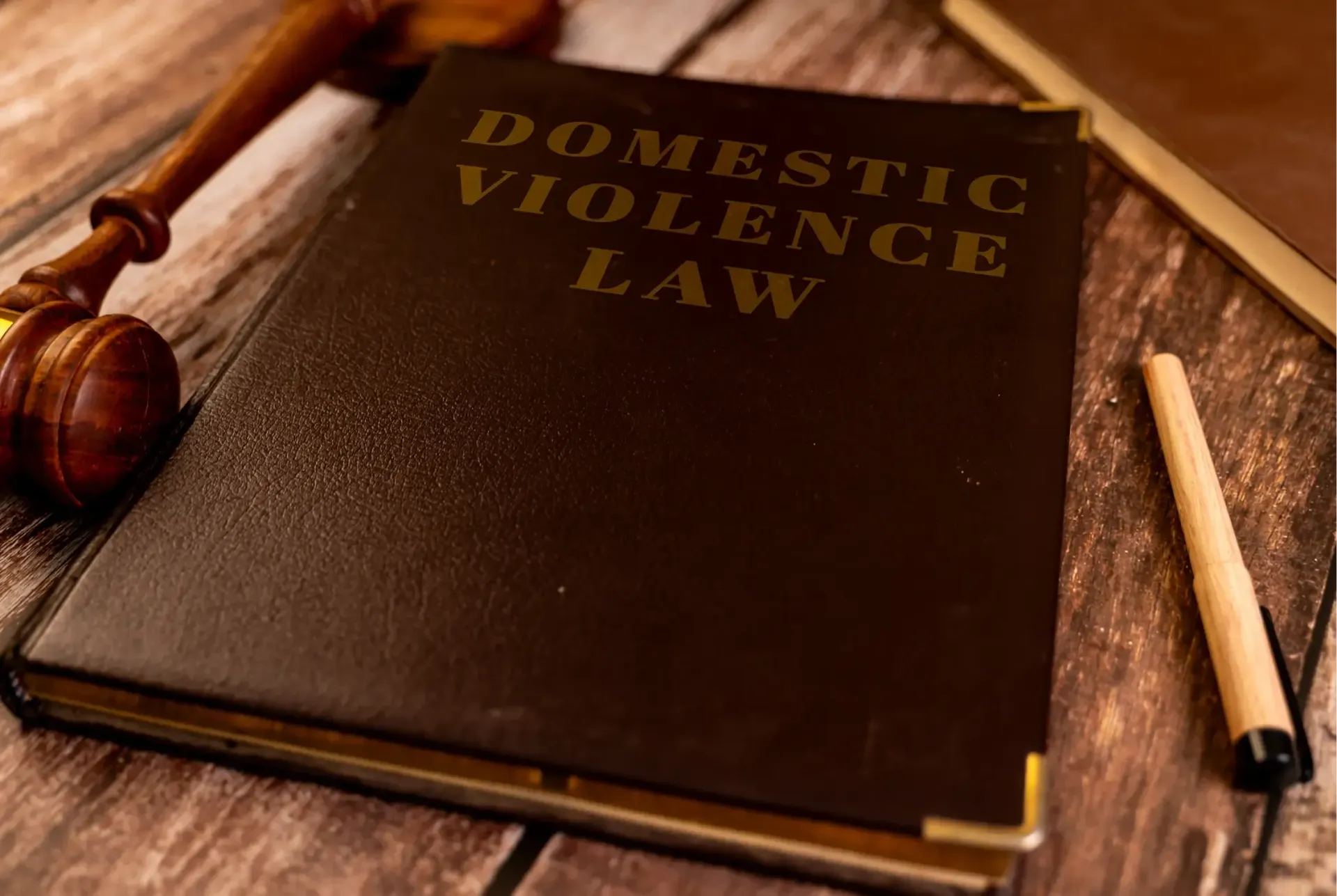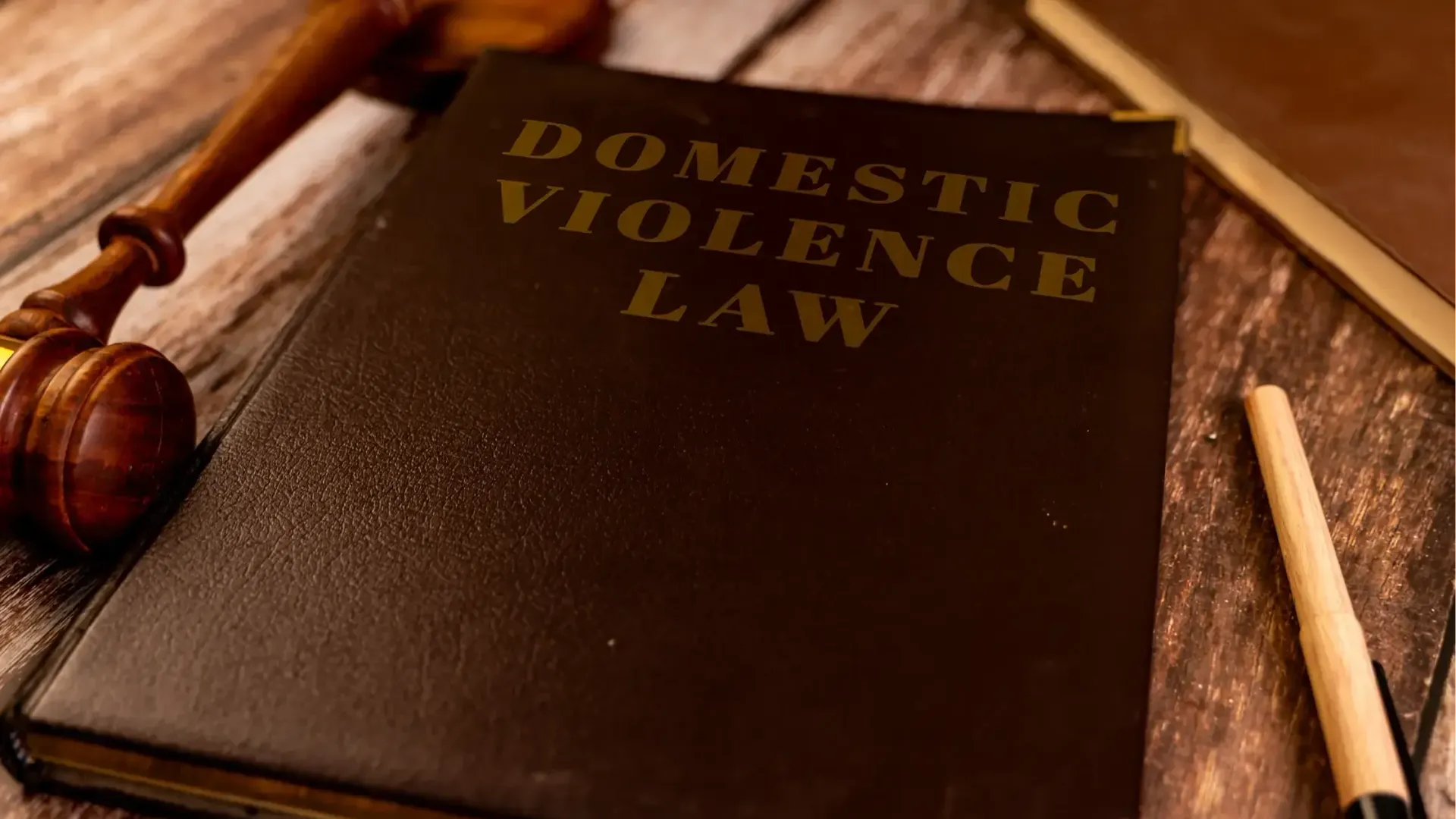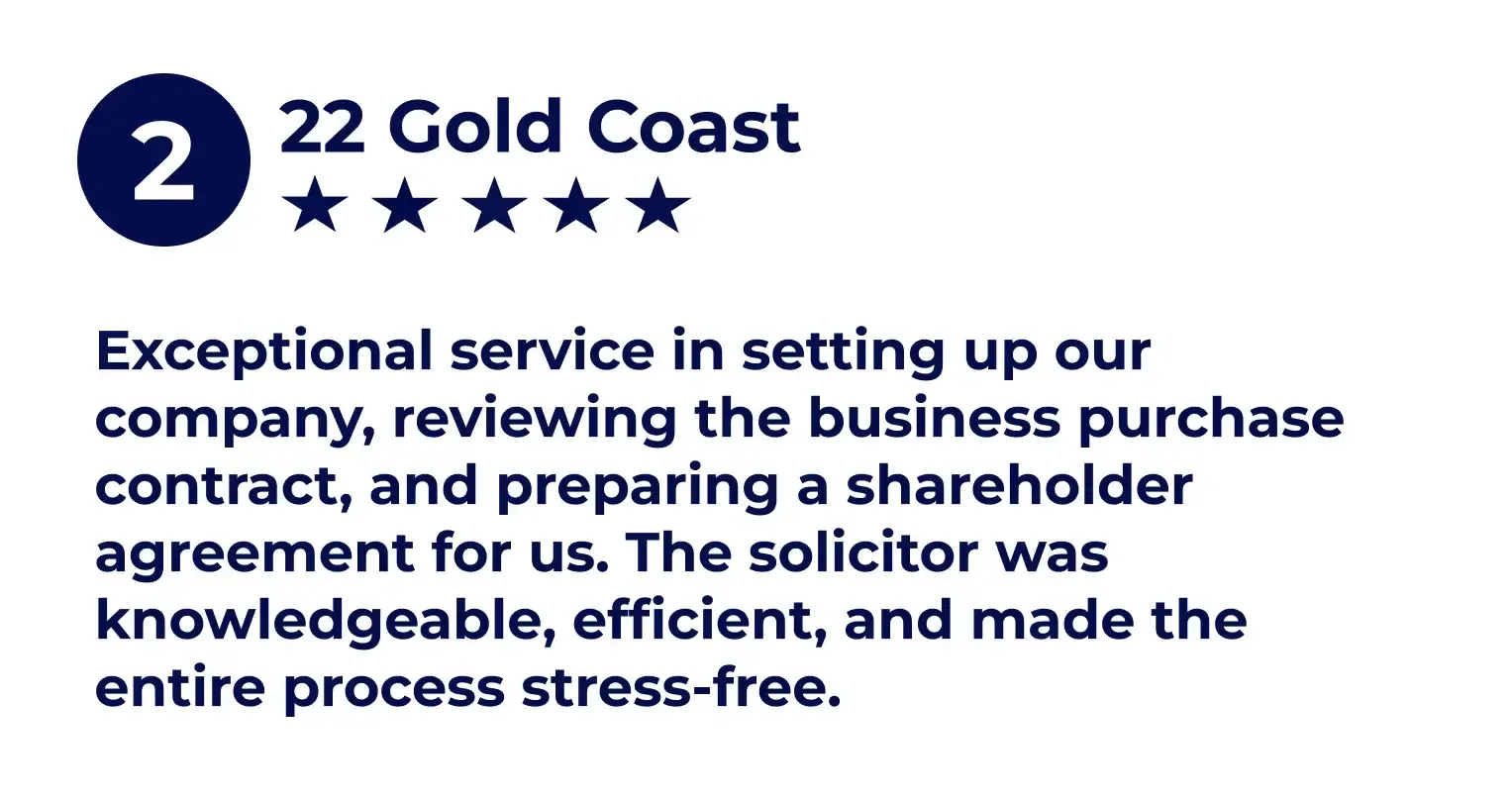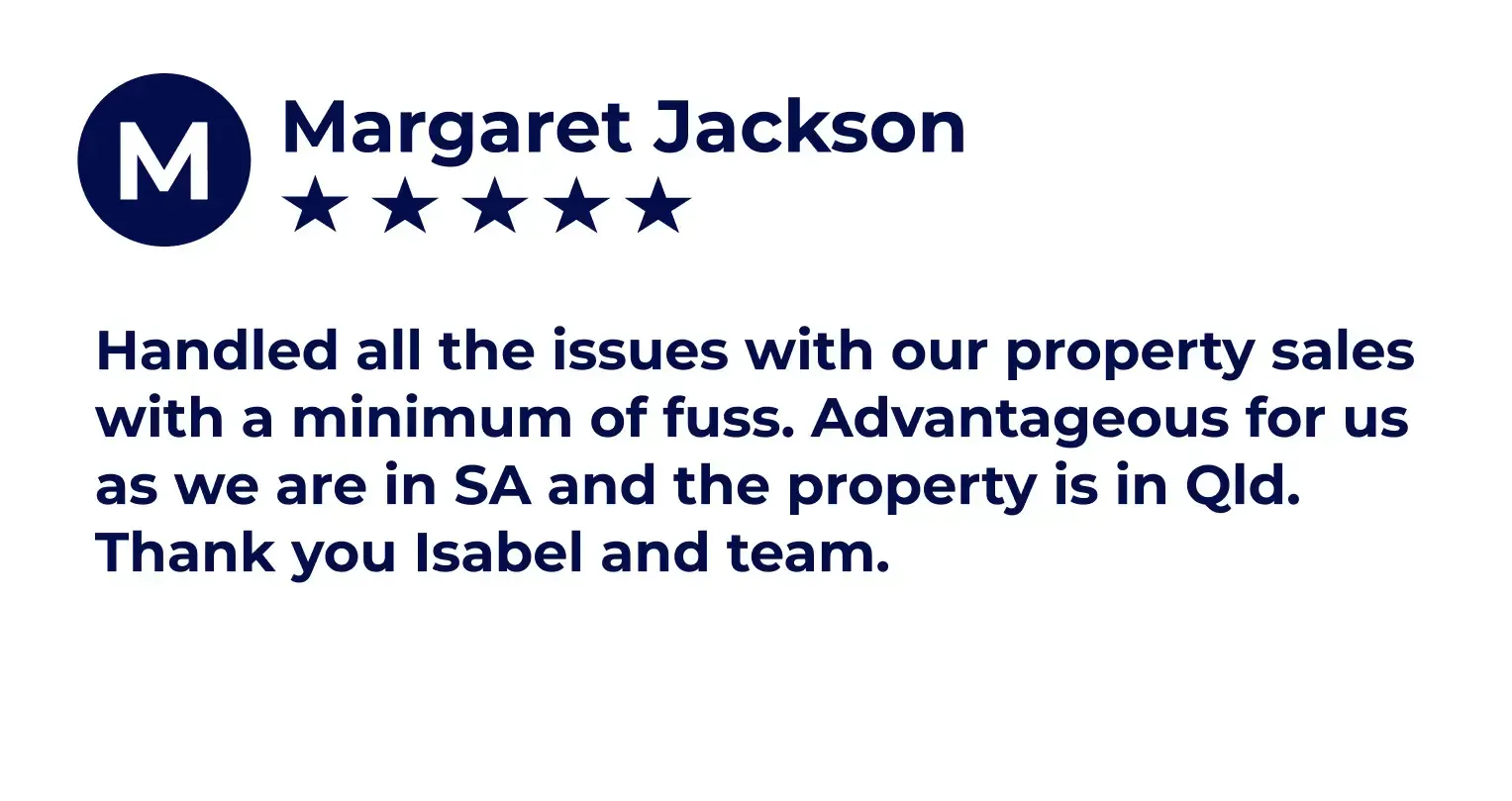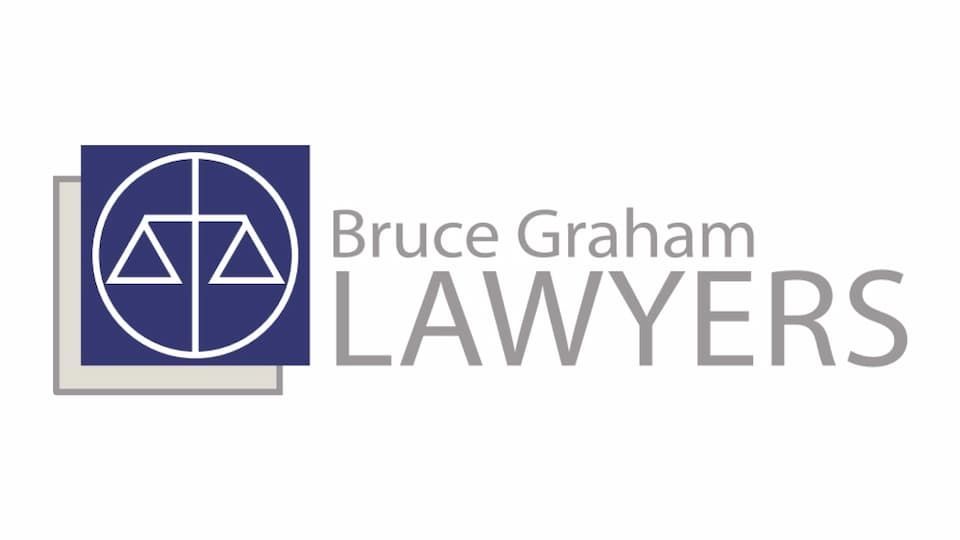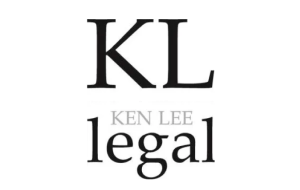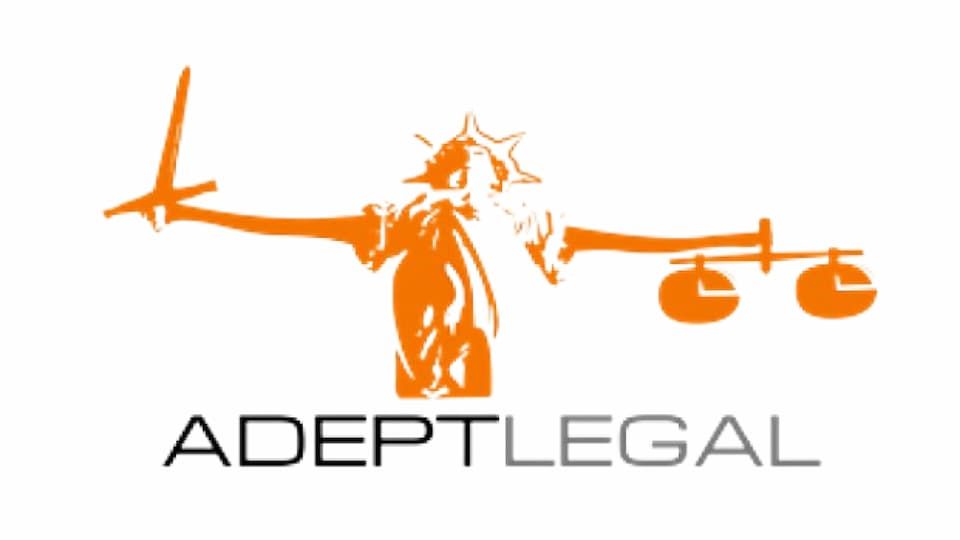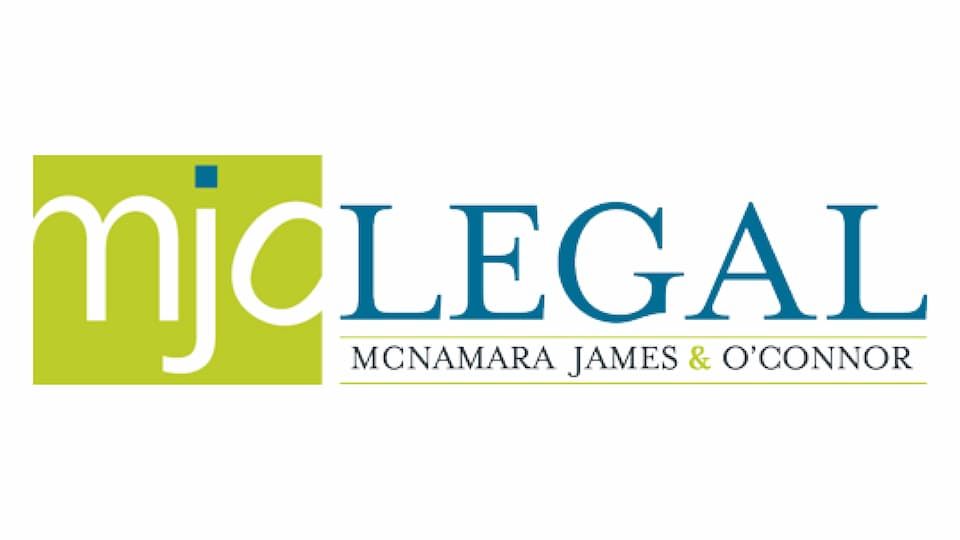VIOLENCIA DOMÉSTICA
Servicios legales contra la violencia doméstica en Gold Coast y el norte de Nueva Gales del Sur
COMPRENDER Y ABORDAR LA VIOLENCIA DOMÉSTICA: APOYO LEGAL EN GOLD COAST Y EL NORTE DE NUEVA GALES DEL SUR
La violencia doméstica es un problema grave y generalizado que afecta a personas y familias. Implica una variedad de comportamientos abusivos, no solo violencia física, y puede tener consecuencias emocionales, psicológicas y económicas devastadoras para las víctimas. Comprender las diversas formas de abuso, las protecciones legales disponibles y los servicios de apoyo disponibles es esencial para quienes sufren violencia doméstica, así como para quienes buscan apoyo.
FORMAS DE VIOLENCIA DOMÉSTICA
La violencia doméstica adopta muchas formas, entre ellas:
- Abuso físico: Esto implica cualquier forma de violencia física, como golpes, bofetadas, patadas, empujones, mordidas, arañazos, estrangulamiento o uso de armas. También incluye privar a alguien de necesidades básicas como alimento, refugio o sueño.
- Abuso emocional: Este tipo de abuso busca socavar la autoestima y el sentido de la realidad de la persona. Puede incluir críticas constantes, insultos, apodos, menosprecio, humillación, amenazas, intimidación, aislamiento de familiares y amigos, y comportamiento controlador.
- Abuso verbal: Esto implica el uso de palabras para herir, degradar o controlar a otra persona. Puede incluir gritos, chillidos, insultos, amenazas y críticas constantes.
- Abuso sexual: Esto abarca cualquier contacto sexual no deseado, incluyendo la actividad sexual forzada, la coerción sexual y el acoso sexual. También incluye el uso de comentarios o gestos sexualmente sugestivos para intimidar o humillar a alguien.
- Abuso económico: Esto implica controlar las finanzas de una persona, impidiéndole trabajar o saboteando su empleo. También puede incluir retener dinero para necesidades básicas o tomar decisiones financieras sin la opinión de la otra persona.
- Abuso social: Esto implica aislar a la víctima de su red de apoyo, como familiares y amigos. El abusador puede monitorear sus redes sociales, controlar a quién ve o dificultarle salir de casa.
- Abuso tecnológico: Esta es una forma más reciente de abuso que implica el uso de la tecnología para acosar, acechar o controlar a la pareja. Esto puede incluir el envío de mensajes de texto abusivos, el monitoreo de su actividad en línea o el uso de rastreo GPS para seguir sus movimientos.
¿POR QUÉ ELEGIR CJM ABOGADOS?
Si sufre violencia doméstica, por favor, busque ayuda. Puede contactar a:
- Línea Nacional de Atención sobre Violencia Doméstica:Esta línea directa nacional brinda apoyo e información las 24 horas, los 7 días de la semana a personas que sufren violencia doméstica.
- Servicios estatales contra la violencia doméstica:Cada estado y territorio de Australia tiene sus propios servicios de violencia doméstica que pueden brindar apoyo, asesoramiento y alojamiento de emergencia.
CONTÁCTENOS HOY
No permita que los desafíos legales interfieran con su seguridad y tranquilidad. CJM Abogados está aquí para apoyarle en cada paso del proceso.
Contáctanos:Contáctanos en 1300 245 299 o cjmlaw.com.au Para más información
Nuestra última historia
















